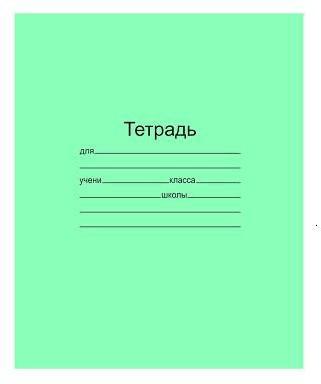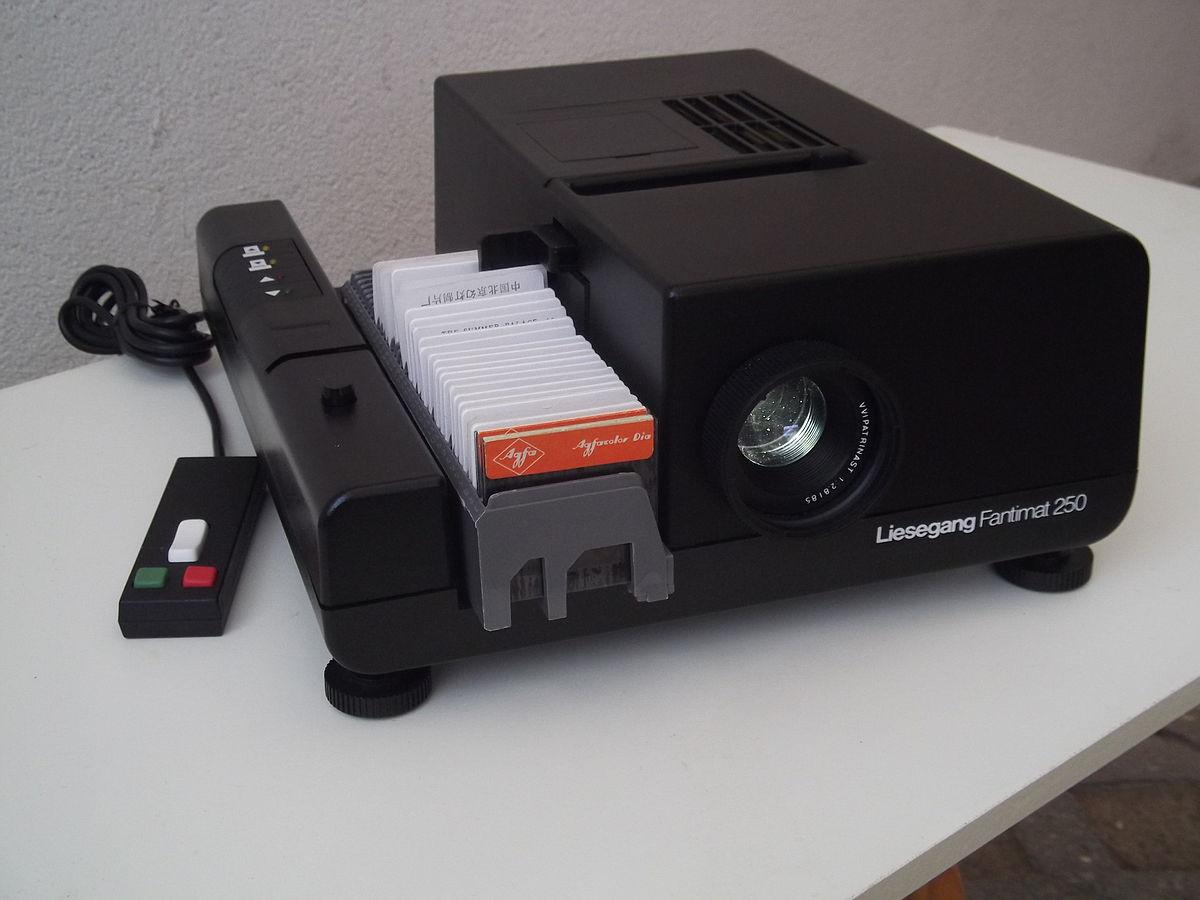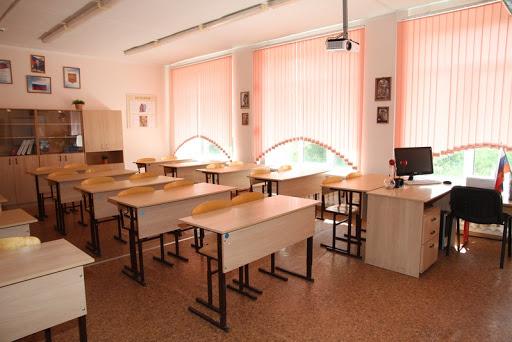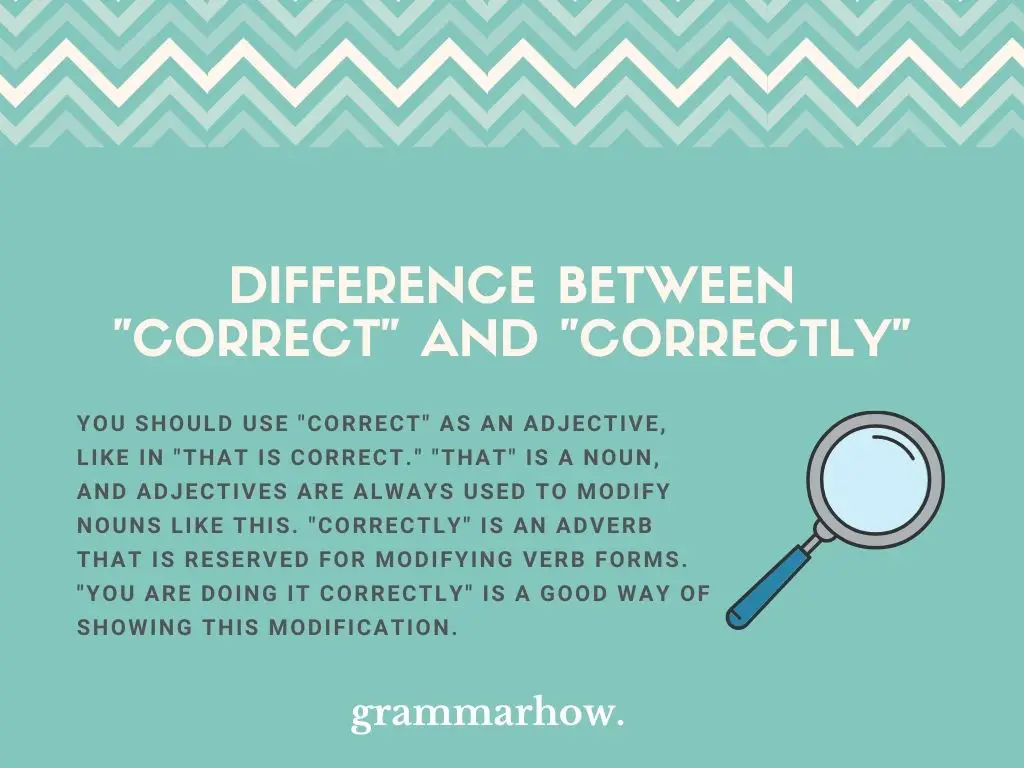Приступаем к практике и вас ждут упражнения на наречия в английском языке. Однако, для начала, давайте проверим, как хорошо вы запомнили теорию по теме «Наречие в английском языке» (уровень базовый). Выполните небольшой тест на английское наречие и будем тренироваться дальше.
Выберите правильный вариант.
Загрузка …
Загрузка …
Загрузка …
Загрузка …
Загрузка …
Загрузка …
Если ваши ответы совпадают с мнением БОЛЬШИНСТВА, то пропустите упражнение 1, и переходите к упражнению 2. Если нет, повторите тему «Наречие в английском языке»
* * *
Упражнения на наречие в английском языке.
(уровень базовый)
Многие начинающие изучать английский язык на уровне beginner, иногда не знают, когда использовать в предложении наречие, а когда прилагательное.
Упражнение 1. Вставьте наречие или прилагательное.
- Peter is a (quick, quickly) learner.
- He always does his homework (quick, quickly).
- He listens to his teachers (careful, carefully).
- When he crosses the street he’s always very (careful, carefully) too.
- She sings (beautiful, beautifully).
- He’s got a (beautiful, beautifully) voice.
- He studies (hard, hardly).
- He (hard, hardly) studies.
- Ann is a (wonderful, wonderfully) girl!
- She always looks (wonderful, wonderfully).
- My mother looked at me (cold, coldly).
- It is (cold, coldly) today.
- My brother has a (loud, loudly) voice.
- The brother shouted (loud, loudly).
* * *
Упражнение 2. Вставьте наречие или прилагательное.
- She was crying (quiet/quietly).
- You can do it (easy/easily).
- You speak (well/good) English. Where did you study?
- The weather is (terrible/terribly). Don’t go out.
- It was (easy/easily) to understand the book and make the report on it.
- He has always been (angry/angrily).
- You should work (hard, hardly) if you want to succeed.
- This rule is (well/good ). Remember it.
- He ate his breakfast (quick/quickly) and went to school.
- Be (quick/quickly). The taxi has arrived.
- The car drove very (slow/slowly).
- I speak French (bad/badly). Let’s speak English.
- Why did you speak to me so (angry/angrily)?
- Say this word (correct/correctly).
- He is (good, well) at literature and history.
* * *
Упражнение 3. Выпишите наречия-антонимы. Запомните их.
1. hard, carefully, well, early, fast, loudly, happily
2. sadly, badly, slowly, quietly, easily, carelessly, late
* * *
Упражнение 4. Выберите правильный вариант.
- She (hard/hardly) plays the piano.
- Jane is studying (hard/hardly) for her exam.
- Yesterday I came home (late/lately).
- Children mustn’t come home (late/lately).
* * *
Упражнение 5. Переведите на английский язык (уровень базовый).
1. Я быстро бегаю. 2. Она хорошо рисует. 3. Он плохо знает английский. 4. Поздняя осень. (It is …) 5. Не приходи поздно. 6. Я не видел его последнее время. 7. Я едва его помню. 8. Он упорно работает. 9. Ранняя весна. 10. Я не люблю вставать рано.
ТЕСТ. Правильные ответы:
- He speaks French slowly.
- Mr. Green drives fast. (слова fastly — не существует. Это ловушка!)
- I went to bed late (поздно) yesterday.
- It is interesting to learn languages. (после глагола BE)
- I always feel nervous before exams. (после глагола FEEL)
ОТВЕТЫ
Здравствуйте! Для получения доступа к ответам необходимо оформить подписку. Ссылка в боковом меню — ОТВЕТЫ.
Adjective and Adverbs
Task: adjective or adverb?
1. My brother swims (well / good).
2. She was crying (loud / loudly).
3. George writes dictations (badly / bad).
4. You speak (well / good) English.
5. It isn`t as (easy / easily) as you think.
6. This rule is (well / good). Remember it.
7. If you want to help him, speak (honest / honestly).
8. He said that he was hit (hard / hardly).
9. Your shoes are (exact / exactly) mine.
10. The weather is (terrible / terribly). Don`t go out.
11. The work was done very (careless / carelessly).
12. It was (easy / easily) to understand the book and make the report on it.
13. It can be done (easy / easily).
14. The little girl was (terrible / terribly) frightened when the dog ran after her.
15. He ate his breakfast quickly and went to school.
16. Be (quick /quickly)! The taxi has arrived.
17. The car drove very (slow / slowly).
18. I speak French (badly / bad). Let`s speak Greek.
19. Why did you speak to me so (angry /angrily).
20. He has always been (angry /angrily).
21. Say this word (correct / correctly).
22. I don`t think this is the (right / rightly) word.
23. We had (hard / hardly) reached home when it began raining.
24. He spoke (angry /angrily), and we understood at once that something had happened.
25. My friend laughed (hearty / heartily) when I told him this story.
Скачать материал
Скачать материал


- Сейчас обучается 86 человек из 38 регионов


- Сейчас обучается 308 человек из 71 региона


- Сейчас обучается 114 человек из 42 регионов


Найдите материал к любому уроку, указав свой предмет (категорию), класс, учебник и тему:
6 209 780 материалов в базе
-
Выберите категорию:
- Выберите учебник и тему
- Выберите класс:
-
Тип материала:
-
Все материалы
-
Статьи
-
Научные работы
-
Видеоуроки
-
Презентации
-
Конспекты
-
Тесты
-
Рабочие программы
-
Другие методич. материалы
-
Найти материалы
Другие материалы

Рейтинг:
5 из 5
- 09.12.2018
- 363
- 0






Рейтинг:
5 из 5
- 09.12.2018
- 6139
- 672
Вам будут интересны эти курсы:
-
Курс профессиональной переподготовки «Клиническая психология: организация реабилитационной работы в социальной сфере»
-
Курс профессиональной переподготовки «Клиническая психология: теория и методика преподавания в образовательной организации»
-
Курс профессиональной переподготовки «Организация деятельности по подбору и оценке персонала (рекрутинг)»
-
Курс профессиональной переподготовки «Теория и методика преподавания иностранных языков: английский, немецкий, французский»
-
Курс профессиональной переподготовки «Теория и методика преподавания иностранных языков в профессиональном образовании: английский, немецкий, французский»
-
Курс профессиональной переподготовки «Организация деятельности секретаря руководителя со знанием английского языка»
-
Курс профессиональной переподготовки «Методика организации, руководства и координации музейной деятельности»
-
Курс профессиональной переподготовки «Эксплуатация и обслуживание общего имущества многоквартирного дома»
-
Курс профессиональной переподготовки «Организация и управление процессом по предоставлению услуг по кредитному брокериджу»
-
Курс профессиональной переподготовки «Технический контроль и техническая подготовка сварочного процесса»
-
Скачать материал
-
09.12.2018
2468
-
DOCX
14.8 кбайт -
19
скачиваний -
Оцените материал:
-
-
Настоящий материал опубликован пользователем Девяткина Наталья Владимировна. Инфоурок является
информационным посредником и предоставляет пользователям возможность размещать на сайте
методические материалы. Всю ответственность за опубликованные материалы, содержащиеся в них
сведения, а также за соблюдение авторских прав несут пользователи, загрузившие материал на сайтЕсли Вы считаете, что материал нарушает авторские права либо по каким-то другим причинам должен быть удален с
сайта, Вы можете оставить жалобу на материал.Удалить материал
-
- На сайте: 7 лет и 4 месяца
- Подписчики: 0
- Всего просмотров: 18328
-
Всего материалов:
16
Class work
Написать транскрипцию
shower room
seat
storeroom
semester
sketch book
security guard
timetable
science room
zoology
toilet
training aids
to skip classes
writing pad
vacation
training appliances
to take attendance
to be late for class
Написать слово к картинке

______________________________________________

________________________________________________________

____________________________________________________
Разбить на слоги
guard
semester
train
sea
elephant
type
tire
steal
fair
near
criminal
olive
mandarin
Tibetan
Uyghur
Turkish
oral
running
baseball
security
grade
economy
tiger
philology
Определить тип слога
|
1 тип |
2 тип |
3 тип |
4 тип |
pale, oil, bear, chair, there, this, guy, why, note, gear, tie, ear, spoil, boil, nuclear, speed, gates, nervous
Тест 1. Выберите правильный вариант.
Начало формы
1. He speaks French …
-
slow
-
slowly
View Results
Конец формы
Начало формы
2. Mr. Green drives ….
-
fast
-
fastly
View Results
Конец формы
Начало формы
3. I went to bed … yesterday.
-
late
-
lately
View Results
Конец формы
Начало формы
It is … to learn languages.
-
interesting
-
interestingly
View Results
Конец формы
Начало формы
4. I always feel … before exam.
-
nervous
-
nervously
View Results
Конец формы
Начало формы
5. I remember it very …
-
good
-
well
View Results
Конец формы
Наречие в английском языке. Упражнения (уровень базовый)
Упражнение 2. Вставьте наречие или прилагательное.
-
Peter is a (quick, quickly) learner.
-
He always does his homework (quick, quickly).
-
He listens to his teachers (careful, carefully).
-
When he crosses the street he’s always very (careful, carefully) too.
-
She sings (beautiful, beautifully).
-
He’s got a (beautiful, beautifully) voice.
-
He studies (hard, hardly).
-
He (hard, hardly) studies.
-
Ann is a (wonderful, wonderfully) girl!
-
She always looks (wonderful, wonderfully).
-
My mother looked at me (cold, coldly).
-
It is (cold, coldly) today.
-
My brother has a (loud, loudly) voice.
-
The brother shouted (loud, loudly).
Упражнение 3. Choose adjective or adverb.
-
She was crying (quiet/quietly).
-
You can do it (easy/easily).
-
You speak (well/good) English. Where did you study?
-
The weather is (terrible/terribly). Don’t go out.
-
It was (easy/easily) to understand the book and make the report on it.
-
He has always been (angry/angrily).
-
You should work (hard, hardly) if you want to succeed.
-
This rule is (well/good ). Remember it.
-
He ate his breakfast (quick/quickly) and went to school.
-
Be (quick/quickly). The taxi has arrived.
-
The car drove very (slow/slowly).
-
I speak French (bad/badly). Let’s speak English.
-
Why did you speak to me so (angry/angrily)?
-
Say this word (correct/correctly).
-
He is (good, well) at literature and history.
Упражнение 4. Выпишите наречия-антонимы. Запомните их.
1. hard, carefully, well, early, fast, loudly, happily
2. sadly, badly, slowly, quietly, easily, carelessly, late
“Correct” and “correctly” are both common in English, but they are used in different ways. This article will explain how the two words differ to help you understand how you can make the most of them in your writing.
What Is The Difference Between “Correct” and “Correctly”?
You should use “correct” as an adjective, like in “that is correct.” “That” is a noun, and adjectives are always used to modify nouns like this. “Correctly” is an adverb that is reserved for modifying verb forms. “You are doing it correctly” is a good way of showing this modification.
In standard English, it’s important to uphold adverbial usage in your writing. Therefore, modifying verbs with “correctly” is the only correct thing to do (i.e. “I did it correctly”).
However, many native speakers think that “correctly” is a strange word to use. While other adverb forms hold strong, “correctly” is losing popularity because “correct” just feels more natural.
In spoken English, where standard rules are relaxed, you might hear people using “correct” as an adverb instead of using the “-ly” ending. You would hear “I did it correct” in place of “correctly.”
How to Use “Correct” In A Sentence
- You are correct! Well done for thinking on your feet and coming to this answer without issue.
- It was not correct. I’m sorry, but you’ll have to take the test again after you’ve studied a bit more.
- That’s correct! What a great answer! I’ll have to get you back to find out if you can figure the rest out.
- Was he correct? I’m sure there was more to it than that, but he seemed to get rewarded for it.
- It’s correct! I knew it would be. I always know the answer to things like that.
“Correct” is an adjective in standard English, and it should only be used to modify nouns and objects. You’ll often find it before or after nouns (“correct answer”) or pronouns (“he is correct”).
How to Use “Correctly” In A Sentence
- I spoke correctly for the first time in my life, and everybody thought I was a weirdo for doing that.
- I’m not doing it correctly, but I have no idea what else you want me to put.
- Can you do it correctly for once in your life? I’m tired of picking up the pieces after you!
- Please, answer it correctly this time. It’s important that you know how to answer questions like this.
- Why are you not helping him correctly? Are you trying to sabotage him and get his grades lowered?
“Correctly” is an adverbial form. While it’s not a popular choice, it’s still the choice you should stick to when following standard English rules. It works when used with a verb (“correctly guessed”).
Is It “I Did It Correct” or “I Did It Correctly”?
“I did it correctly” is the only correct form, according to standard English rules. “Did” is the verb being modified here, so we need the adverb (which is “correctly”) to modify it. “I did it correct” is incorrect, but you might hear it used informally.
- Correct: I did it correctly for once!
- Incorrect: I did it correct. Are you proud of me?
Is It “You Got It Correct” or “You Got It Correctly”?
“You got it correct” is the only correct form here. We use the noun “it” as the main object, so “correct” must be used to modify it because it’s an adjective. “Correctly” is an adverb, but we are not modifying the verb “got” here, so it doesn’t make sense to use it.
- Correct: You got it correct! Well done to you!
- Incorrect: You got it correctly. I knew I could count on you.
As a side note, even “correct” isn’t particularly natural here. Most native speakers would say “you got it right” instead of “correct” because it’s much less jarring.
What Word Type is “Correctly”?
“Correctly” is an adverb. We can use it to modify verbs in a sentence. The “-ly” extension to the adjective is all you need when you want to show that an action is being modified rather than a noun or object. It’s a good way of explaining how something might have happened.
Is It Right To Say “Correctly”?
Some adverbs can become their own sentence. You might be able to write them as one word, place a period after them, and leave them as a suitable response to someone. However, “correctly” is not a common word, and it is not right to use it as a single-word sentence.
You may also like:
Beautiful or Beautifully? Difference Explained (+Examples)
Perfect or Perfectly? Difference Explained (With Examples)
Smooth or Smoothly? Difference Explained (With Examples)
Martin holds a Master’s degree in Finance and International Business. He has six years of experience in professional communication with clients, executives, and colleagues. Furthermore, he has teaching experience from Aarhus University. Martin has been featured as an expert in communication and teaching on Forbes and Shopify. Read more about Martin here.





